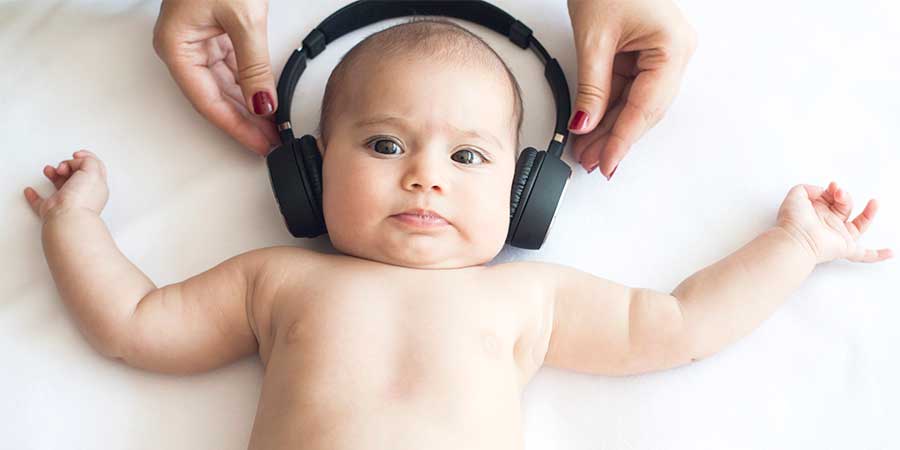
Some babies are born with hearing problems. Other children are born with normal hearing and begin to have hearing problems as they grow older.
It’s important to know what to expect as your baby grows because hearing problems can delay the development of voice, speech, and language skills. The checklist below presents the average age by which most babies accomplish a variety of early speech and language skills. Typically, a child may not accomplish all the items in an age category until he or she reaches the upper age in the age range.
Find your child’s age range in the checklist. Check “yes” or “no” for each item. After you complete the checklist if any of the items are checked “no,” show it to your child’s doctor. Tell the doctor if you think your child has trouble hearing.
If you are in need of a Pediatric ENT, please contact Melnick, Moffitt, and Mesaros ENT Associates for a comprehensive consultation.
Children's Hearing Milestones and Communication
Babies learn to associate what they hear with people, places, objects, or events. It is important to be vigilant to critical milestones which may serve as guideposts for possible normal hearing:
By 6 months
Babies recognize speech sounds of their own language more than those of a foreign language. They recognize familiar voices, play with their own voices, engage in vocal play with parents, and experiment with multiple speech and non-speech sounds.
By 9 months
Babies demonstrate an understanding of simple words (“mommy,” “daddy,” “no,” “bye-bye”).
By 10 months
A baby’s babbling should sound speech-like” with strings, of single syllables (“da-da-da-da”).
By 12 months
One or more real, recognizable spoken words emerge.
By 18 months
Babies should understand simple phrases, retrieve familiar objects on command (without gestures) and point to body parts (“where’s your…” ears, nose, mouth eyes, etc.). At the same time, 18-month olds should have a spoken vocabulary of between 20-50 words and short phrases (“no more,” “go out,” “mommy up”).
By 24 months
A toddler’s spoken vocabulary should be 200-300 words coupled with the emergence of simple sentences. Most should be understandable to adults not with the toddler on a daily basis. A toddler should be able to sit and listen to read-aloud storybooks.
Between 3 and 5
Spoken language should be used constantly to express wants, reflect emotions, convey information, and ask questions. A preschooler should understand nearly all that is said. Vocabulary grows from 1,000 to 2,000 words during this period, with words linked together in complex and meaningful sentences. All speech sounds should be clear and understandable by the end of the preschool period.

We would love to hear your comments